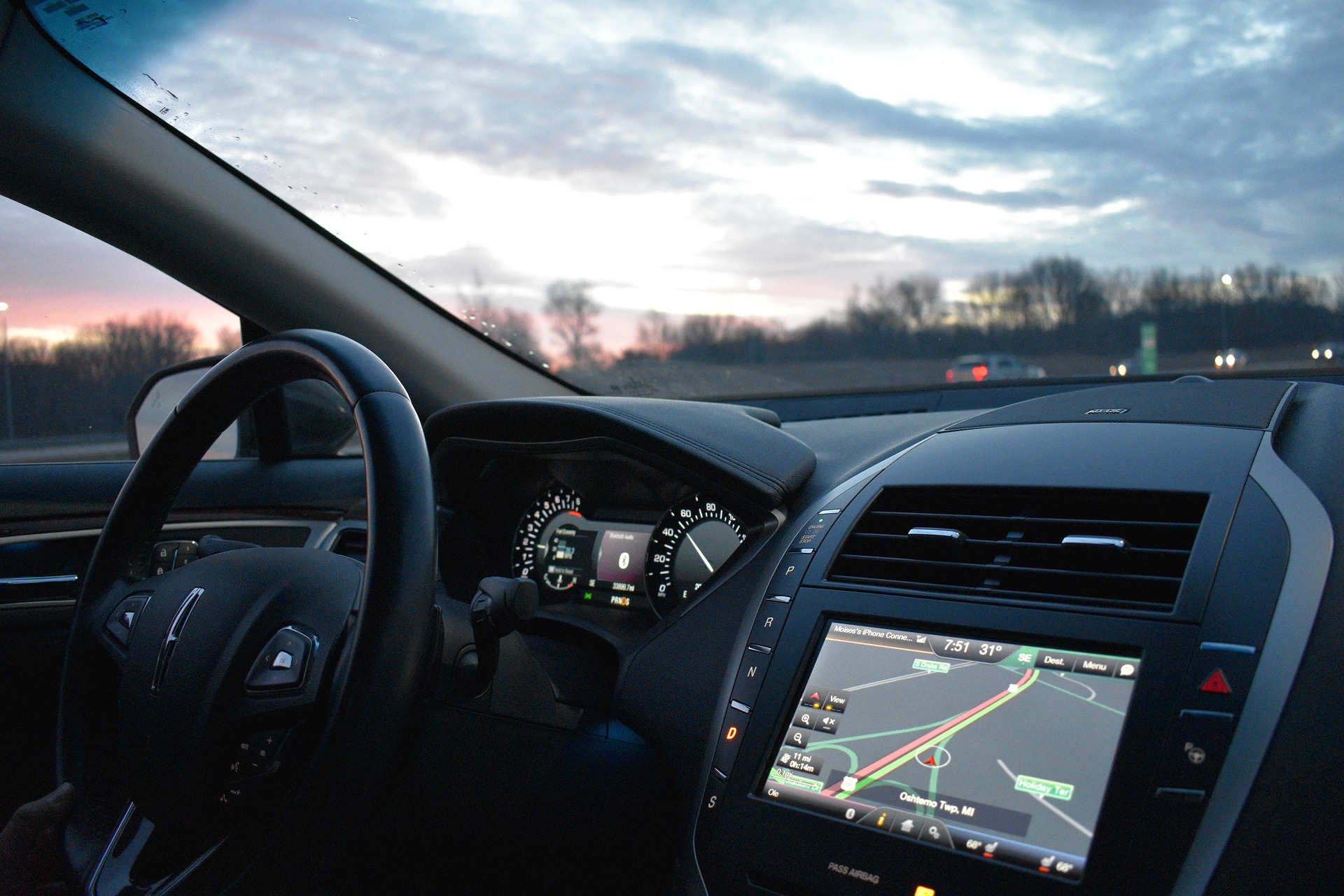Charting the Course: The Impact of GPS Technology on Modern Vehicles
Imagine a world where the network of satellites orbiting our planet could guide you to your destination with just a few taps on a screen. With Global Positioning System (GPS) technology, this is our reality. But how has this modern marvel shaped the automotive industry? Let's embark on a journey to uncover the influence of GPS on modern vehicles.

A Look Back: The Emergence of GPS Technology
The path to the GPS that sits on your dashboard was not a straight line. Born out of the Cold War tensions, the concept of GPS technology was first realized by the U.S. Department of Defense in the 1970s with a system called NAVSTAR. It was a complex network of satellites designed to provide accurate location data to the U.S. military. However, it wasn’t until the late 1990s that GPS technology became commercially available, paving the way for a new era in automotive navigation.
GPS Technology Today: A Modern Driving Companion
The integration of GPS technology into our vehicles has revolutionized the driving experience. Long gone are the days of fumbling with paper maps or scribbled directions. Today, drivers can simply input a destination and follow the guided instructions. This has not only made navigation easier but also significantly safer by allowing drivers to keep their focus on the road.
Industry Insights: The Ripple Effect of GPS Technology
The influence of GPS technology extends beyond providing directions. Modern vehicles now come equipped with advanced features like real-time traffic updates, dynamic route planning, and predictive maintenance alerts, all made possible by GPS. Furthermore, the data collected by these systems is valuable to various sectors, from urban planning to insurance, creating a ripple effect that’s reshaping the industry landscape.
Challenges and Opportunities: The Road Ahead for GPS Technology
While GPS has undeniably improved our driving experience, it also presents new challenges. Privacy concerns, signal accuracy, and dependency on satellite infrastructure are some of the hurdles that need addressing. However, the future holds exciting possibilities. The advent of 5G and advancements in artificial intelligence could further enhance GPS technology, driving us towards a future where our cars could potentially navigate themselves, making our roads safer and our journeys more enjoyable.
As we look back at the journey of GPS technology, it’s clear that it has had a profound impact on the automotive industry. It has transformed the way we navigate, influenced industry trends, and paved the way for advancements that were once considered science fiction. As we continue to push the boundaries of what’s possible, one thing is clear - the road ahead for GPS technology is full of promise.






